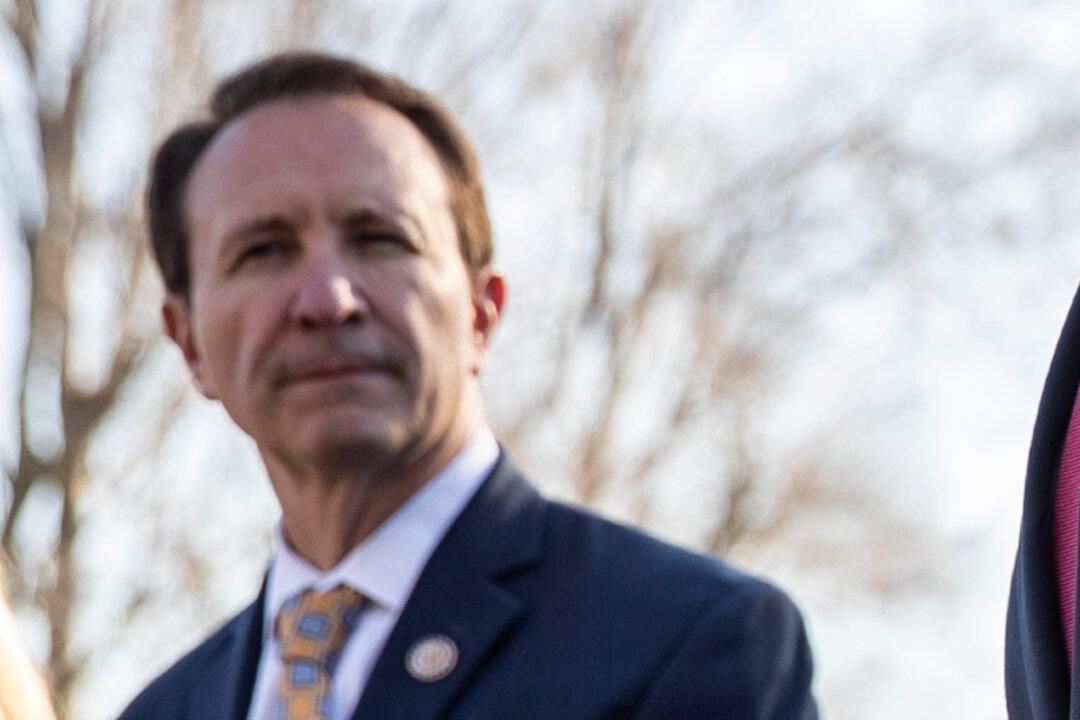Supreme Court justices on Friday will hear oral arguments on two Biden administration COVID-19 vaccine mandates, including one imposed on every business with 100 or more workers.
Louisiana Attorney General Jeff Landry, a Republican, will be among those arguing against the mandates. Landry sued the administration with other states over them.





